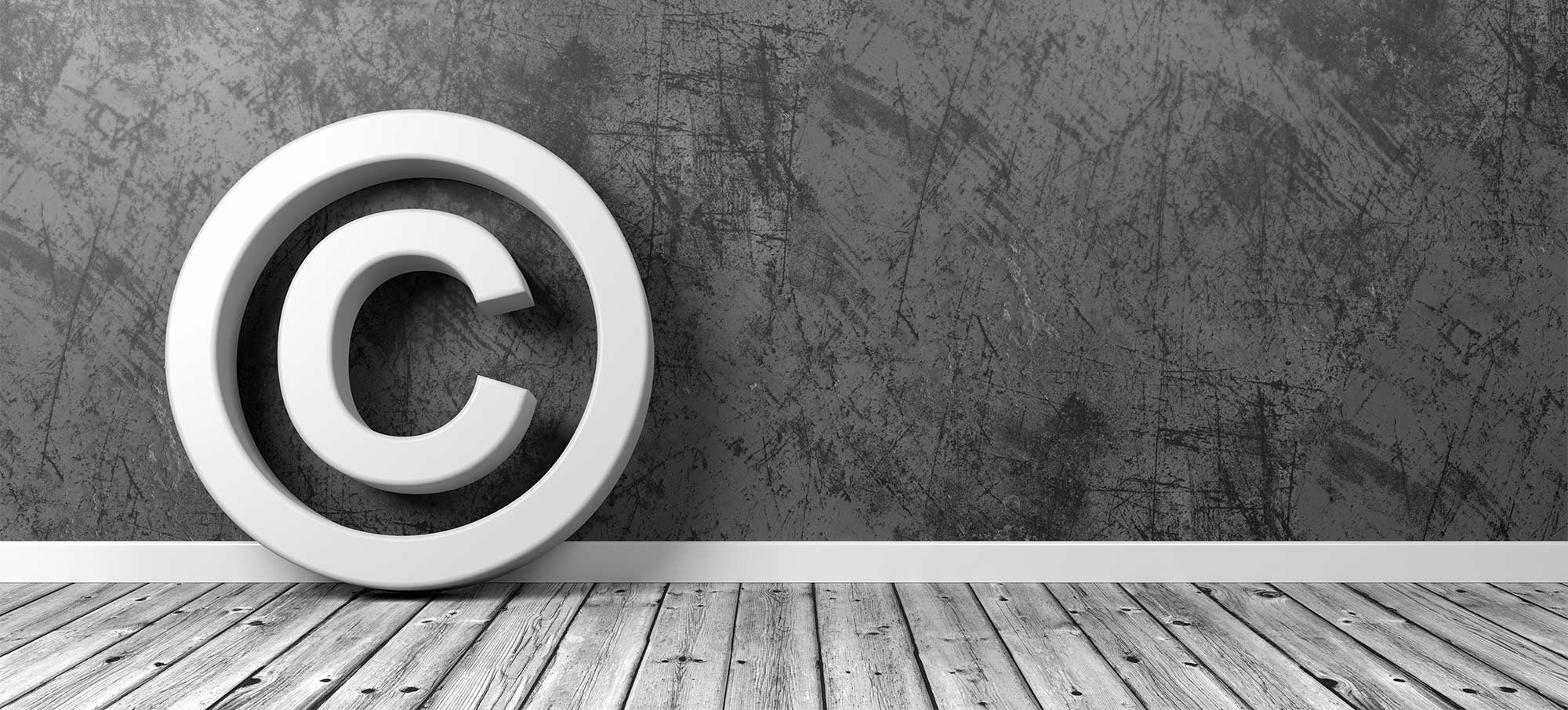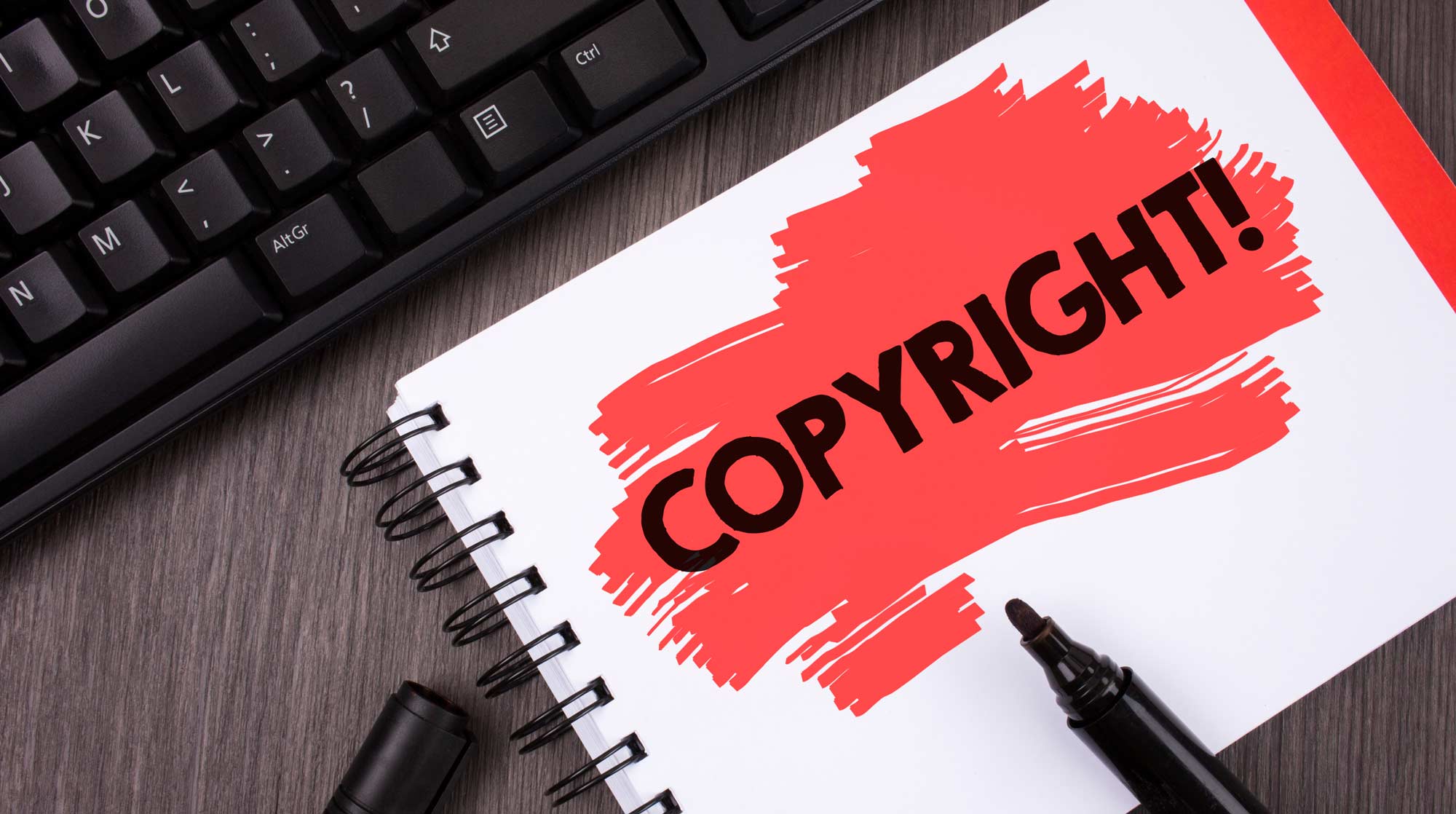Photographer Sues Emily Ratajkowski for Copyright Infringement
Model and Actress Emily Ratajkowski is one more name on a growing list of celebrities facing off with photographers in legal battles. Ratajkowski, like others, is accused of violating the rights of a photographer by posting a picture without permission. Photographers across the globe have filed similar cases against musicians, designers, and models.
Who are these famous defendants in copyright cases? Justin, Bieber, Bella Hadid, Arianna Grande, and Jennifer Lopez, to name a few.
Robert O’Neil Sues Ratajkowski Over Instagram Post
The Fashion Law reported on October 23 that photographer Robert O’Neil filed his copyright infringement lawsuit against Ratajkowski in New York Federal Court. The complaint against Ratajkowski and her corporate entity Emrata Holdings, LLC, contains claims that Ratajkowski posted a photograph he took to her Instagram story and had no right to do so. The picture shows Ratajkowski holding a floral bouquet in front of her face as she walks down a city street. She posted it for her 24 million followers along with the caption “mood forever.”
According to The Fashion Law, O’Neil’s court documents allege he is the “author of the photograph and has at all times been the sole owner of all right, title and interest in and to the photograph, including the copyright thereto.”
What are the Rights of a Copyright Holder?
The holder of a copyright has the exclusive rights to display his work publicly or to allow others to do the same. Photographers may issue licenses, collect fees, and set the terms under which their pictures can be used. In this case, O’Neil allegedly issued a license to and received payment from the UK Daily Mail. His complaint alleges that no such agreement existed between him and Ratajkowski. His complaint states that before posting the picture to Instagram, she “did not license the photo.” Nor did she have “permission or consent to publish the photo.”
Does it Matter that You Can’t See a Face in the Photo?
No, it does not. The photo itself is not what matters. As the author of the October 23, 2019, post states, “Regardless of who the subject of the photo is and whether or not they consented to having their photo taken, once an at least minimally original/creative photo is taken.”
The copyright holder, typically the photographer, has the exclusive copyright to that photo for his or her entire life plus 70 years after death. Unless the photographer assigns or otherwise grants rights to its use, he or she retains exclusive control.
Contact Our Copyright Lawyers Today
If you are a photographer and a celebrity has posted a picture you took, you might be entitled to collect statutory damages for copyright infringement. Call the copyright attorneys at Sanders Law Group at (800) 979-3707 to discuss your infringement claim. Our copyright lawyers understand how to help photographers enforce their legal rights and collect compensation when someone violates them.




